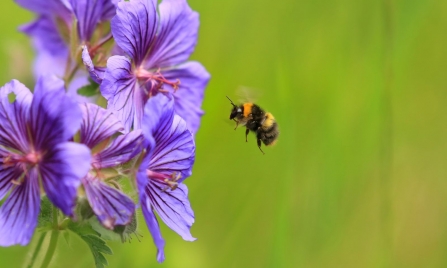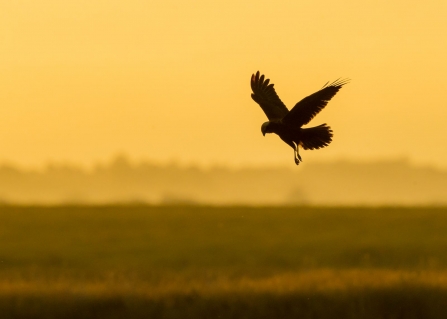Today the Government publishes the Agriculture Bill. The recovery of wildlife in the UK – one of the most nature-depleted countries in the world – depends on an Agriculture Bill which enables farmers to create and restore natural habitats. The Wildlife Trusts believe that now is the time for agricultural policy to lead nature’s recovery. As the Bill progresses through Parliament, The Wildlife Trusts will be highlighting:
- The recovery of wildlife in the UK depends on an Agriculture Bill which enables farmers to create and restore natural habitats, because 70% of our land is farmed.
- Farmers should receive public money for producing benefits to society, such as creating habitats for wildlife, conserving soils for future generations and protecting communities against flooding.
- Successful farms need thriving wildlife because crops depend on pollination, natural pest control and healthy soils.
Agriculture policy does not have to choose between wildlife versus food production. Farming that works with nature makes sense – for now and for the future. Our ability to produce food in this country relies on us having healthy soils and the things that nature gives us for free – if they are allowed to recover – from pollination to natural pest control.
The European Red List for Bees reports that almost one in ten species of wild bee face extinction, and over the past 50 years, half the bee, butterfly and moth species studied in the 2013 State of Nature Report have declined. We can directly link these declines to changes in the way we farm. The intensification of agriculture has led to the destruction of habitat, and what is left is becoming increasingly fragmented.


